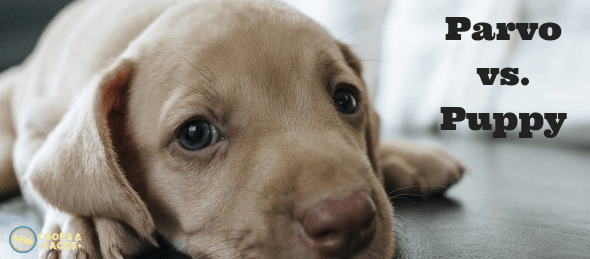Dogs
Parvo Versus Puppy
Canine parvovirus, or is commonly known as parvo, is one of the most common diseases that a puppy can acquire and can cause your puppy to have a bloody diarrhea and vomit, or sometimes even death. Parvo mostly occurs to unvaccinated puppies that are less than 12 months old, though in some occasion may also infect unvaccinated adult dogs.
When a puppy vomits and have a bloody diarrhea, the scariest thing you can think of is that the puppy has acquired the canine parvovirus. It is one of the most fatal diseases a puppy can acquire if not prevented earlier. If you have not heard of parvo, it is the canine parvovirus that emerged during 1978 and now is a widespread disease and is very contagious to puppies and adult dogs that are unvaccinated. Canine parvovirus does not choose its victims, it can be acquired by any dog from the small Chihuahuas up to the big ones like Great Danes.
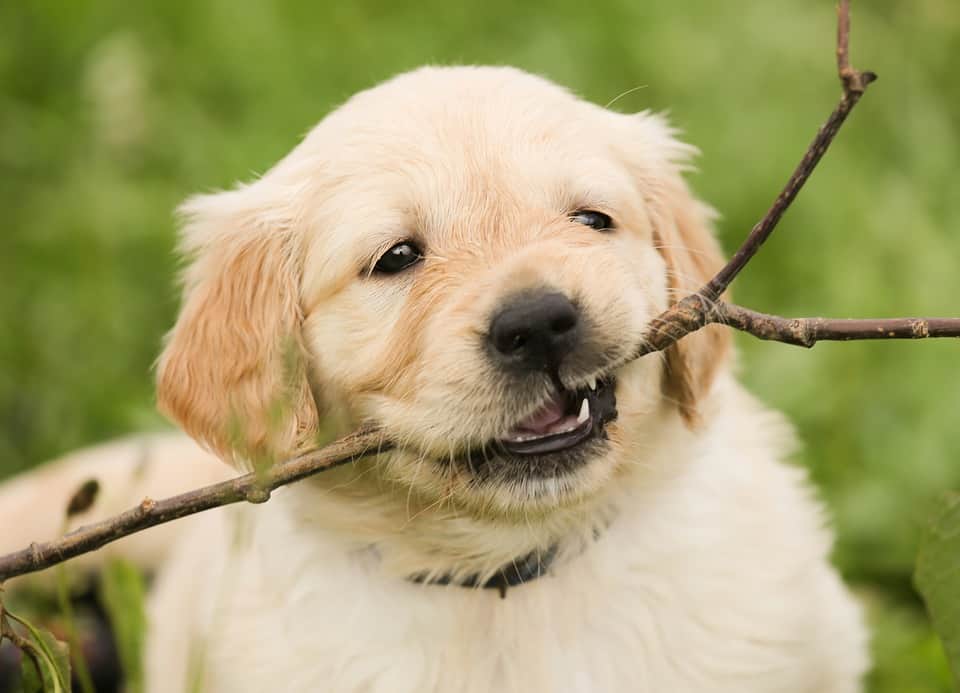
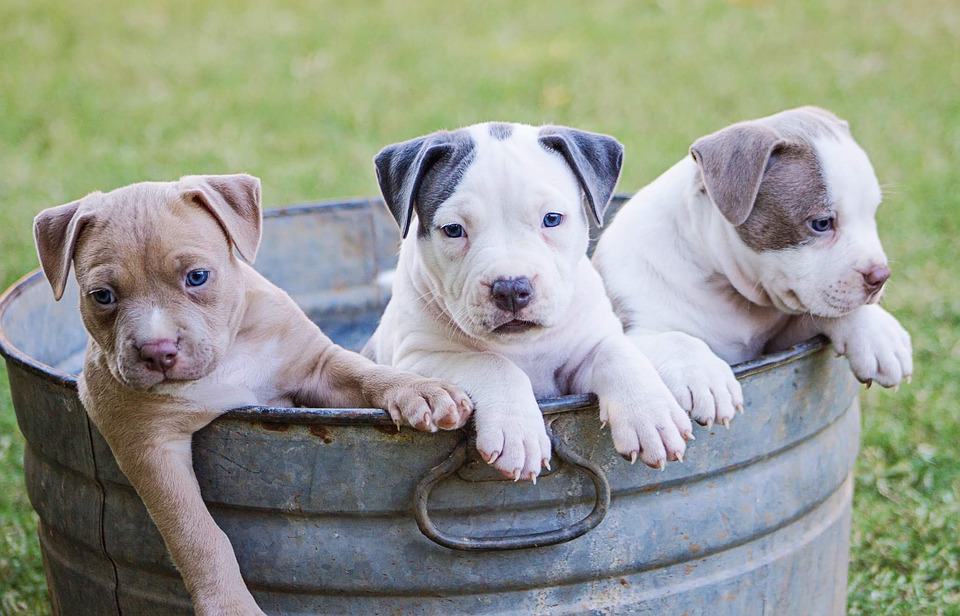
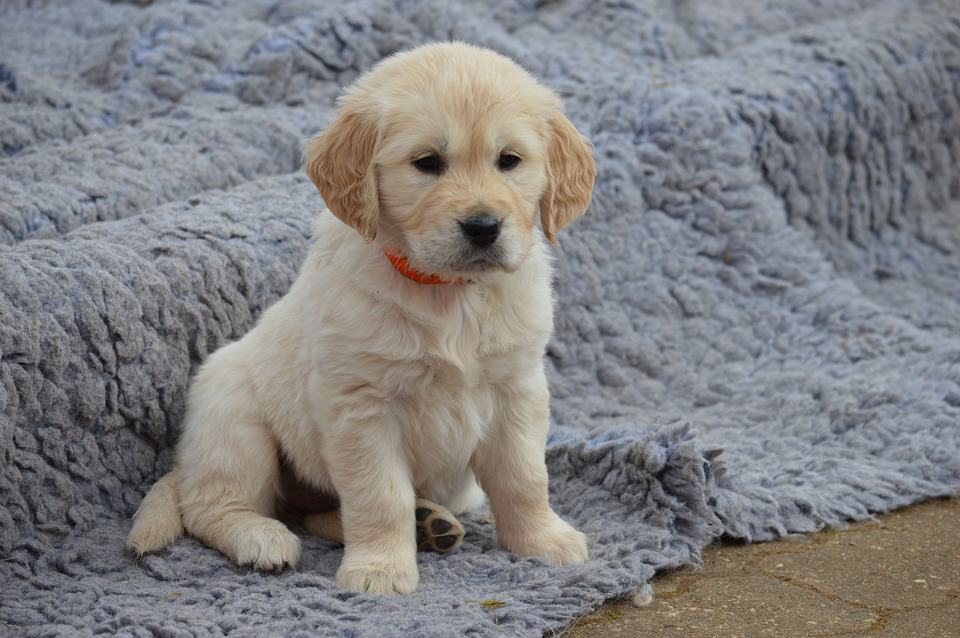
Signs of Canine Parvovirus
Canine parvovirus damages the cells in the heart, bone marrow, immune system and intestinal tract which is why it is a very fatal disease. That damage it causes to the puppy’s intestinal tract will cause the puppy to vomit frequently and also have a bloody diarrhea. This combined vomiting and diarrhea is also called gastroenteritis and is the most common sign of canine parvovirus. The constant diarrhea and vomiting of the puppy is life-threatening because it causes the puppy to be dehydrated.
Parvovirus also causes damage to the puppy’s heart muscles. The damage was very common during the time when the parvovirus was still fresh and new but now it rarely happens because it usually targets the intestinal tract now.
Canine parvovirus also damages the cells in the bone marrow which produces our body’s red blood cells and white blood cells. As it damages the bone marrow, the red and white blood cell production decreases which causes anemia to the puppy. With the decreased production of white blood cells, there will be no defense against infections and other bacteria that will enter the puppy’s body.
Testing If a Puppy is Positive of Parvovirus
When you bring in your puppy to the veterinarian because you suspect him to have canine parvovirus, the vet usually do some test first before doing the treatment. If the puppy is constantly vomiting and has diarrhea, the vet takes a small sample of their feces and run a 10 minute test to see if there is parvovirus positive in their system. After testing the puppy and he is positive of parvo, the next thing they do is to check how hydrated your puppy is by checking their gum color. By checking their hydration level, the vet can determine how much fluid the puppy needs for their treatment. Their gum color also gives the vet an estimate on the puppy’s degree of anemia because it damages the bone marrow too.
Canine Parvovirus Treatment
What is the treatment if the puppy acquires canine parvovirus? Unfortunately, there is no known treatment or medicine that can kill the parvovirus. What vets usually do when a puppy brought in to the clinic that has parvo is they first correct the dehydration of the puppy by fluid therapy. They use intravenous fluids or is commonly known as IV to puppies with severe dehydration. This IV fluids helps correct the dehydrated puppy as well as their electrolyte level and also their glucose level.
Sometimes antibiotic is administered if the puppy has a severe case of intestinal bacteria aside from the parvovirus.
Fortunately, puppies treated for parvo has a high survivability rate. With 90 percent survival rate after treatment, you can say it is pretty good. Their recovery will take from a few days to some weeks or even more. Just let the puppy take their time in recovery and he will be good as new. So in case you suspect your puppy has acquired canine parvovirus, don’t think twice and immediately bring your puppy to a veterinarian as soon as possible. Time is precious and it may be too late if you delay it some more.

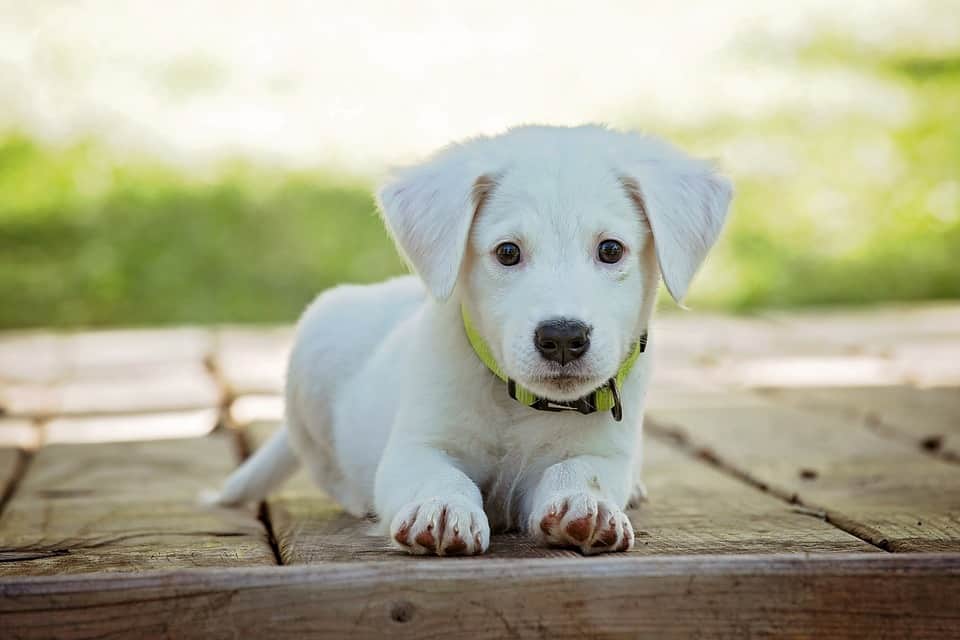
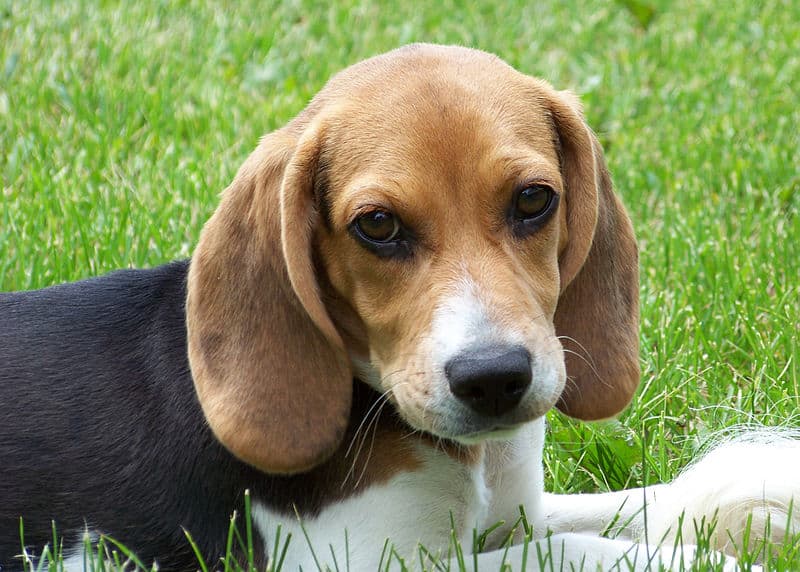
How to Prevent Canine Parvovirus
The best and most important prevention to a canine parvovirus is to vaccinate your puppy at the right time. The right time for their vaccination should be around 6 to 7 weeks of age. Sometimes vaccine boosters are given to your pups every three weeks until your pups grow to at least 16 weeks.
Canine parvovirus can also spread from the feces of a dog that has been infected by parvo. The virus can survive in the infected dog’s feces for 5 months and sometimes even more. So it is important to have a clean environment for your puppy and also keep them away from other dogs that are not vaccinated for the parvovirus.
With all this information about the canine parvovirus, one thing is for sure, vaccination is very important for your puppy. And prevention is better than cure.
The next time you notice signs of parvovirus, take your puppy to the vet in a sturdy dog cage to secure him. And then, let the vet do his job.
Image Sources: [1] [2] [3] [4] [5] [6] [7]



